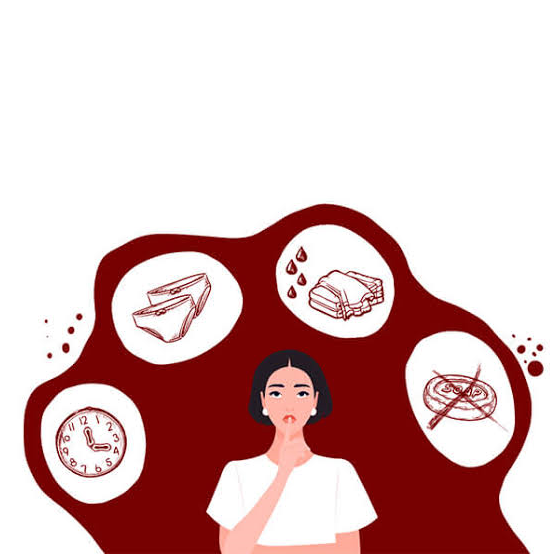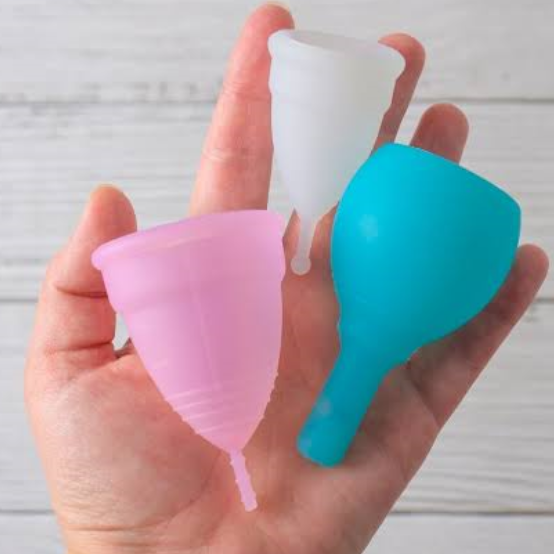PROMOTING MENSTRUAL HYGIENE : Essential Practices for Women’s Health and Well-being
Menstrual hygiene plays a crucial role in maintaining women’s health and overall well-being during their menstrual cycles. It is essential to create awareness about proper menstrual hygiene practices to ensure women can manage their periods safely, comfortably, and with dignity. Here are some important guidelines for menstrual hygiene:
Use of Sanitary Products:
1. Women have various options for menstrual products, including sanitary pads, tampons, menstrual cups, and reusable cloth pads. It is essential to choose a product that suits individual needs and preferences. Change sanitary products regularly, preferably every 4-6 hours, to prevent the risk of infections.
Hand Hygiene:
2. Handwashing is vital before and after changing sanitary products to maintain cleanliness and prevent the transmission of germs. Use soap and water or hand sanitizers to ensure proper hand hygiene.
Disposal of Menstrual Waste:
3. Proper disposal of used sanitary products is crucial for maintaining hygiene and protecting the environment. Wrap used products in paper or sanitary disposal bags and dispose of them in designated bins. Never flush sanitary products down the toilet.
Personal Hygiene:
4. During menstruation, it is essential to maintain personal hygiene. Regularly change undergarments and wash them with mild soap and warm water. Shower or bathe daily to stay clean and fresh.
Avoiding Douching or Vaginal Cleansing:
5. It is essential to avoid douching or using vaginal cleansing products during menstruation. The vagina is self-cleaning, and these practices can disrupt the natural pH balance and lead to infections.
Menstrual Pain Management:
6. For women experiencing menstrual cramps or discomfort, over-the-counter pain relievers like ibuprofen or acetaminophen can help alleviate the pain. Gentle exercises, heating pads, and adequate rest may also be beneficial.















